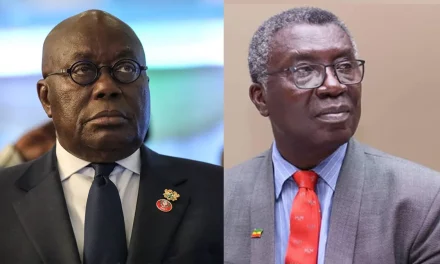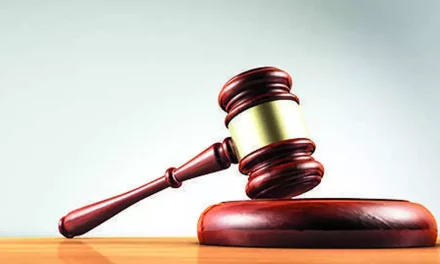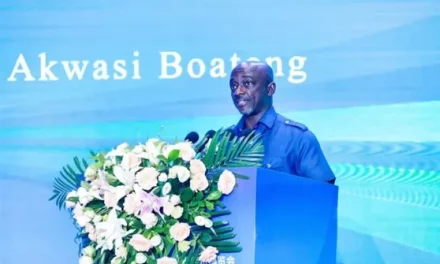
EC Greenlights 13 Candidates for the 2024 Presidential Showdown1 min read
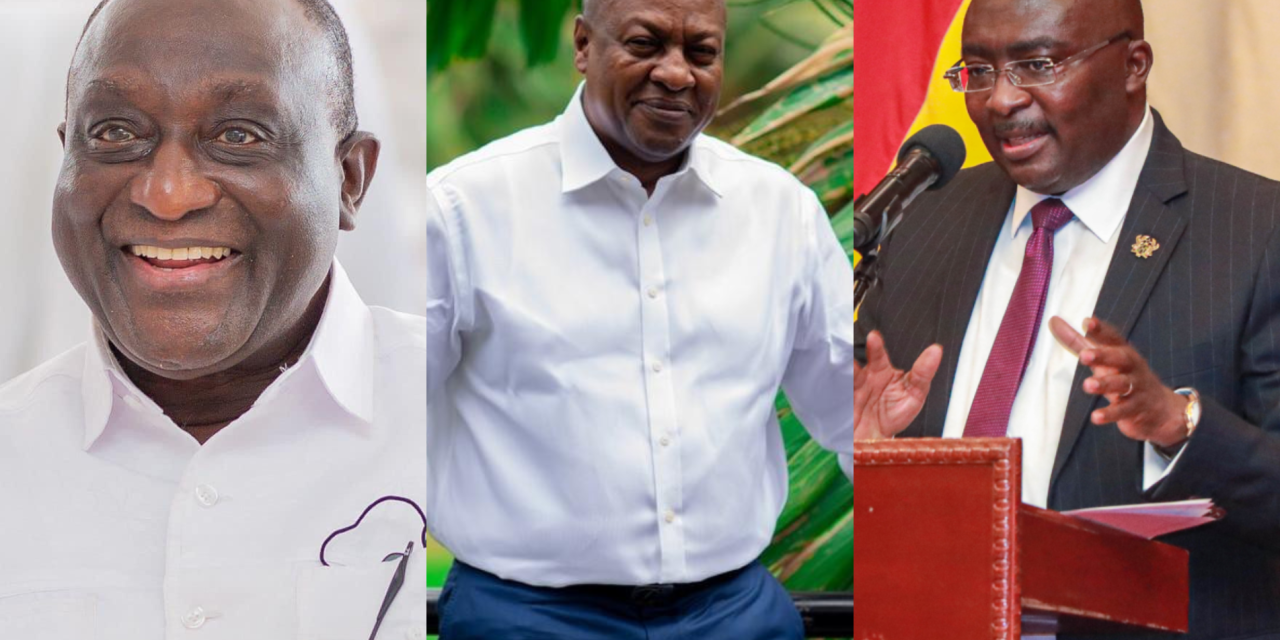
The Electoral Commission (EC) has officially endorsed 13 candidates to vie for the presidency in the 2024 elections.
After a rigorous vetting process, the approved candidates represent a spectrum of political affiliations, including major parties and several independents. This announcement follows months of intense campaigning and stringent qualification checks to ensure all candidates met necessary criteria.
Notably absent from the list is Bernard Mornah of the People’s National Convention, who had aimed to disrupt the longstanding leadership duopoly.
Among the prominent candidates are Dr. Mahamudu Bawumia from the New Patriotic Party (NPP) and John Dramani Mahama from the National Democratic Congress (NDC), both of whom are focusing on economic reform, infrastructure improvement, and enhanced social services to attract voters.
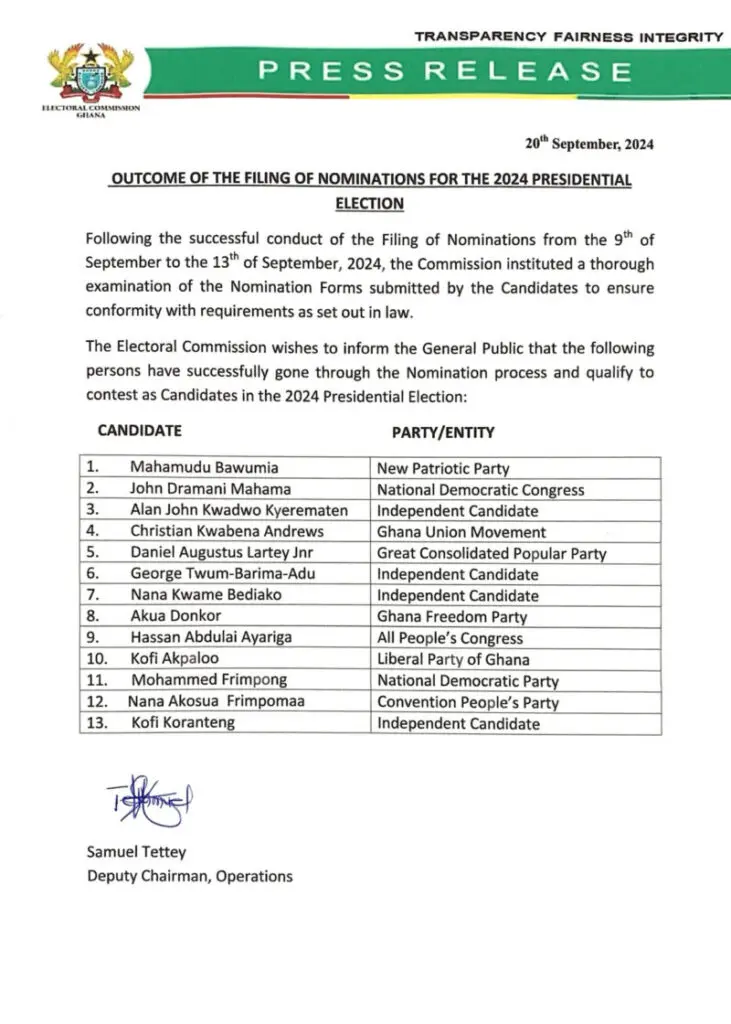
In addition to these established figures, several first-time candidates are stepping up from smaller parties and independent platforms, eager to present fresh ideas and perspectives on governance.
In a press release dated September 20, the EC affirmed that the selection process was conducted with fairness and transparency. Candidates were required to provide comprehensive documentation, including financial records, citizenship verification, and nomination forms, which were meticulously reviewed.
The EC also urged candidates to engage in peaceful campaigning and comply with electoral guidelines to ensure a democratic and orderly election period.
“The successful Filing of Nominations from September 9 to 13, 2024, prompted the Commission to conduct a detailed examination of the submitted Nomination Forms to ensure compliance with legal requirements,” the statement noted.
As campaign season heats up, analysts predict a fiercely contested race, fueled by current economic challenges and rising public dissatisfaction with governance.





